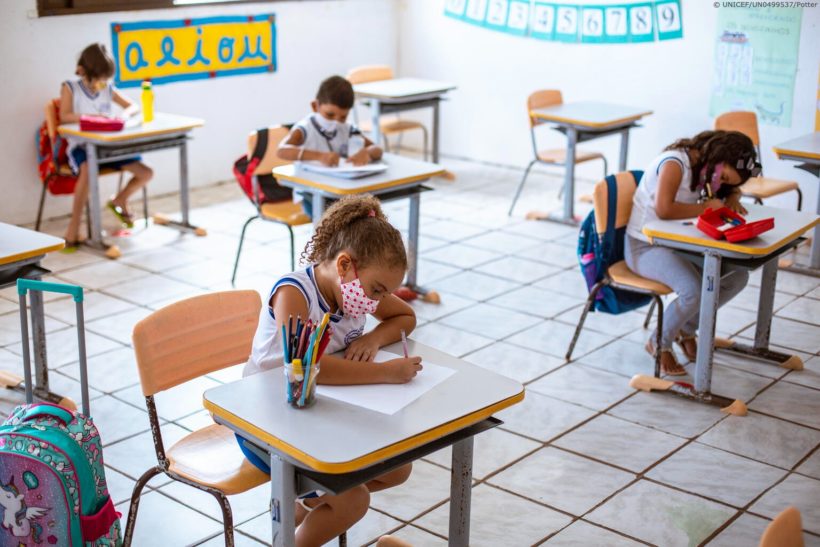Education systems have undergone a great change in the last 40 years. Along with the massification of supply, education has become dehumanised, strongly influenced by mercantilist logics that have associated quality only with cognitive learning. The focus on subjects and the neglect of holistic education inhibits the development of identity.
Today’s schools are more like a production line than a community of people in search of human growth and development. Like any production line, the aim is to obtain a “product” that is as homogeneous as possible and that can be evaluated in the successive quality controls that are applied over the years. For example, the SIMCE and the PDT.
A homogeneous product allows comparisons to be made which, in the case of individuals, is always odious and discriminatory. The idea of a “good quality product” in education, measured through standardised tests, has proved to be a perverse incentive for educational communities. Teachers and education professionals have put the education and social-emotional development of their students on the back burner. Mums, dads and parents focus their attention on what they believe will be financial security. And, children and youth see school as a boring, creativity-limiting obligation.
Instead of a “standard product”, at Fundación Semilla we promote the formation of unique individuals through pedagogical support methodologies that open spaces for children and young people to advance in the development of their own individual traits or characteristics that allow them to distinguish themselves from others in a group. In other words, in the development of their identities.
Schools that assume their educational role in a comprehensive manner become protective factors because the development of identity allows one to value oneself and recognise oneself as unique in the group. Without identity there is no sense of belonging. Without identity you are invisible to others.
Whenever I talk about identity and a sense of belonging, I am reminded of heart-wrenching testimonies such as that of a boy: “the first time someone told me I was good at something was when I shot a gun and hit the target” or that of a girl: “having sex makes me feel that he cares about me”.
This is not to dismiss learning in mathematics, reading, writing or other subjects, but to reduce content in order to have more time to humanise education. Having spaces to dream and create, to talk and reflect, to play and sing, to meet other people and to recognise oneself.
Putting children and young people at the centre and the first priority is much more than obtaining good scores in the transition test (ex PSU and ex PAA) and as long as political authorities do not change their educational paradigm, education will continue to inhibit the development of identity and a sense of belonging with the dire consequences that this implies for society as a whole.










